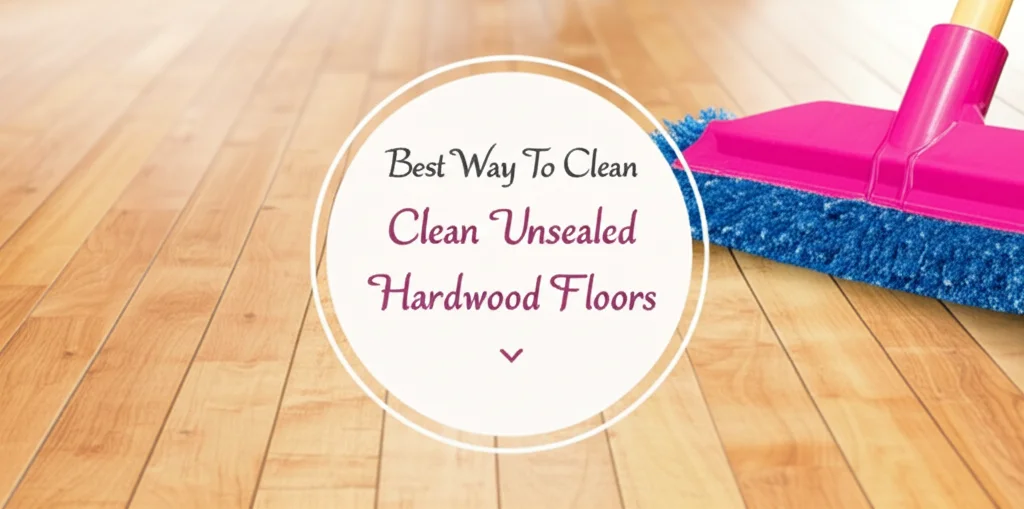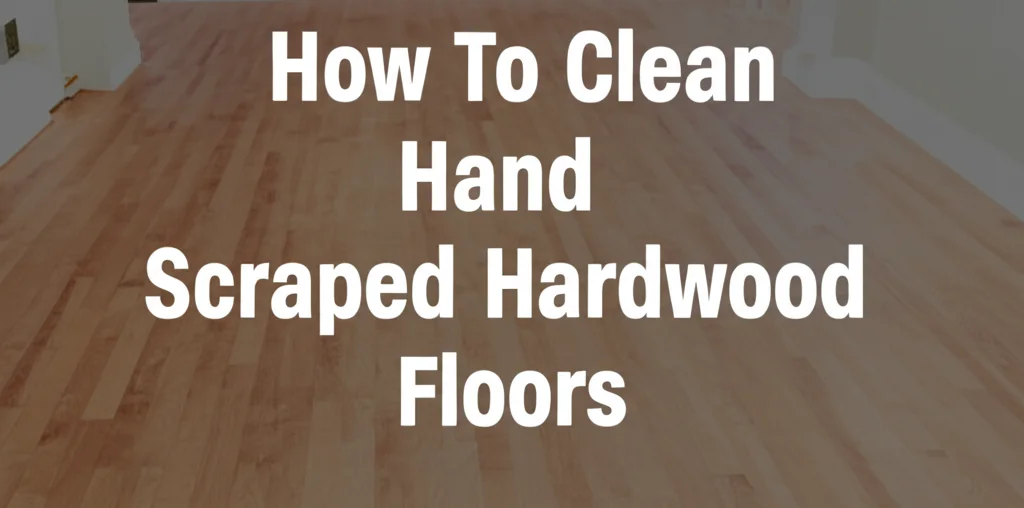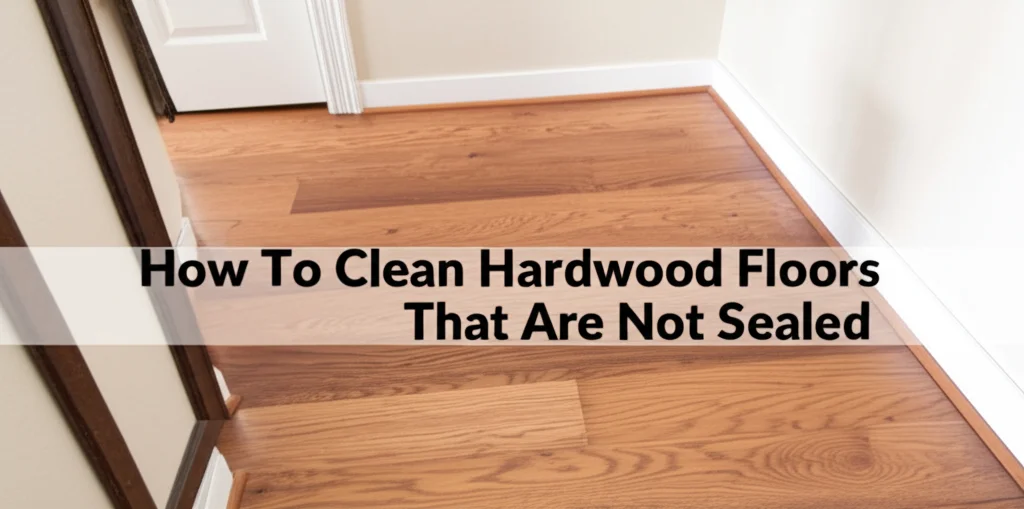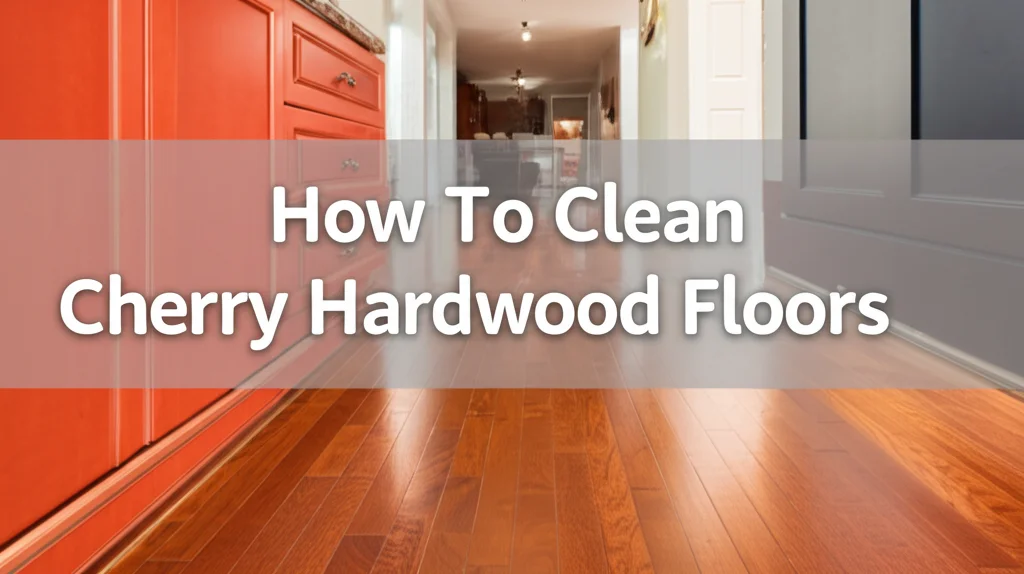· Flooring · 10 min read
Can You Use Carpet Cleaner On Hardwood Floor
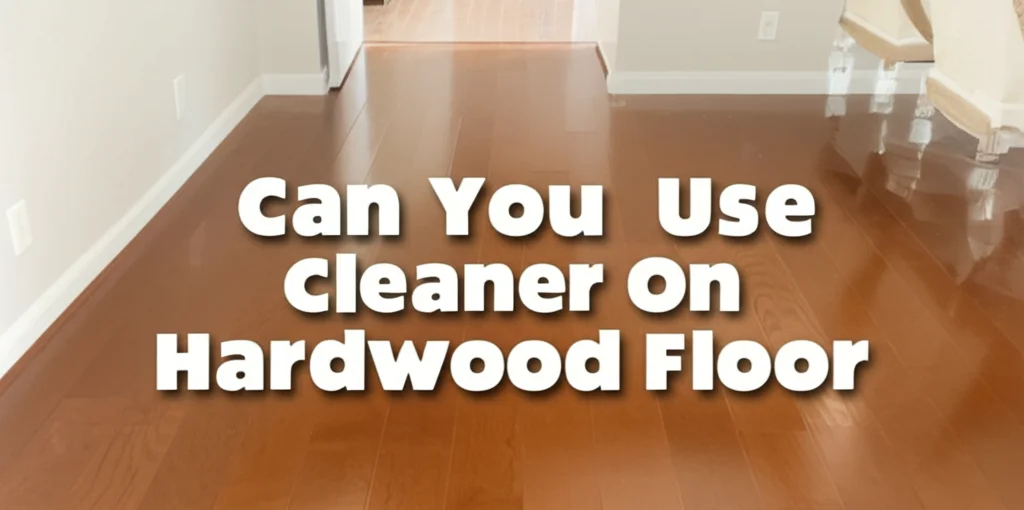
Can You Use Carpet Cleaner on Hardwood Floors? The Complete Guide
Maintaining different types of flooring in your home can be challenging, especially when you’re trying to be efficient with your cleaning equipment. If you own both carpeted areas and hardwood floors, you might wonder: can you use carpet cleaner on hardwood floors? This is a common question for homeowners looking to streamline their cleaning routine without purchasing multiple specialized machines. Hardwood floors require specific care to maintain their beauty and longevity, and using the wrong cleaning methods can lead to costly damage. In this comprehensive guide, we’ll explore whether carpet cleaners are safe for hardwood floors, what precautions you should take, and alternative solutions for keeping your hardwood floors immaculate.
Key Takeaways
- Most standard carpet cleaners are not recommended for hardwood floors due to excess moisture
- Some carpet cleaner machines offer hardwood-specific attachments or settings
- Water damage can cause warping, staining, and deterioration of hardwood floors
- Specialized hardwood floor cleaners are the safest option for maintaining wood floors
- Always check manufacturer recommendations before using any cleaning machine on hardwood
The Short Answer
No, traditional carpet cleaners should not be used on hardwood floors as they use excessive moisture that can damage wood. However, some multi-surface cleaners and carpet cleaner machines with specific hardwood floor settings or attachments can be safely used when following the manufacturer’s instructions.
Understanding Different Flooring Types and Their Cleaning Needs
Hardwood Floor Characteristics
Hardwood floors are a premium flooring option prized for their natural beauty, durability, and ability to add value to a home. Made from solid wood planks like oak, maple, or cherry, these floors require specific maintenance to preserve their appearance and structural integrity. Unlike carpet, hardwood is:
- Sensitive to moisture and can warp, swell, or develop mold when wet
- Susceptible to scratching from abrasive cleaning tools
- Often protected by finishes (polyurethane, oil, wax) that require compatible cleaning solutions
- Generally requiring minimal water during cleaning
Understanding these characteristics is crucial before determining appropriate cleaning methods. Traditional hardwood floors have exposed wood grain with a protective finish, while engineered hardwood has a thin layer of real wood over composite materials, making it slightly more moisture-resistant but still vulnerable to water damage.
How Carpet Cleaners Work
Carpet cleaners operate on principles fundamentally different from what hardwood floors require:
- They inject substantial amounts of water and cleaning solution into carpet fibers
- Use powerful suction to extract dirt and moisture from porous materials
- Often employ brushes or agitators that could scratch wood surfaces
- Leave behind more residual moisture than is safe for hardwood
Most carpet cleaning machines are designed specifically for the deep-cleaning needs of carpets and upholstery, which can absorb and later release moisture during the cleaning process—something hardwood simply cannot do safely.
Risks of Using Carpet Cleaners on Hardwood Floors
Potential Damage from Water Exposure
Using a standard carpet cleaner on hardwood floors poses significant risks due to excessive moisture. Water is the natural enemy of wood, and exposure can cause:
- Warping and buckling: Wood absorbs moisture and expands, causing planks to cup, crown, or buckle against each other
- Finish damage: Water can cloud, discolor, or peel many wood finishes
- Darkening or staining: Water penetration can react with tannins in the wood, creating dark spots
- Separation between planks: Repeated swelling and shrinking from moisture can create permanent gaps
- Mold and mildew growth: Moisture trapped beneath or within hardwood creates perfect conditions for mold development
Even if your hardwood floors appear sealed and water-resistant, microscopic gaps between boards and tiny imperfections in the finish can allow moisture penetration. Research shows that damage may not become visible immediately but can develop over time with repeated exposure to excessive moisture.
Chemical Compatibility Issues
Beyond water damage, the cleaning solutions used in carpet cleaners can pose additional hazards:
- Many carpet cleaning formulas contain alkaline substances that can dull or strip hardwood finishes
- Soaps and detergents can leave residues that attract dirt and create a cloudy appearance
- Some chemicals may cause discoloration or bleaching of natural wood tones
- Harsh ingredients can break down the protective sealants that shield wood from moisture
Hardwood floors typically require pH-neutral cleaners specifically formulated to protect their finishes while still providing effective cleaning power.
When Can Carpet Cleaners Be Used on Hardwood?
Multi-Surface Cleaning Machines
Some modern cleaning machines are designed to work on multiple flooring types, including hardwood. These typically:
- Feature separate tanks and delivery systems for different floor types
- Include specialized hardwood floor attachments with microfiber pads instead of brushes
- Offer settings that minimize water usage for hard surfaces
- Use gentle suction instead of agitation for cleaning hard floors
Brands like Bissell, Hoover, and Shark have developed multi-surface cleaners that can safely transition between carpet and hardwood when used according to manufacturer instructions. The Bissell CrossWave, for example, has different brush rolls and settings specifically engineered for safe use on sealed hardwood floors.
Special Attachments and Settings
If you already own a carpet cleaner, check if the manufacturer offers:
- Hard floor attachment kits with non-abrasive cleaning pads
- Low-moisture settings specifically designed for hard surfaces
- Specialized hard floor cleaning solutions that are wood-safe
Using these manufacturer-approved adaptations can sometimes make your carpet cleaner suitable for light maintenance cleaning of well-sealed hardwood floors. However, always test in an inconspicuous area first.
Best Practices for Cleaning Hardwood Floors
Recommended Cleaning Tools and Solutions
For safe and effective hardwood floor cleaning, experts recommend:
- Microfiber mops: Capture dust and light dirt without scratching
- Specialized hardwood floor cleaners: pH-neutral formulations that don’t damage finishes
- Spray mops with controlled moisture delivery: Provide just enough dampness without flooding
- Hardwood-specific vacuum cleaners: Feature soft brush attachments and wheels that won’t scratch
Popular hardwood-specific cleaning solutions include Bona Hardwood Floor Cleaner, Method Wood Floor Cleaner, and Murphy Oil Soap for certain finishes. Homemade solutions using mild ingredients like diluted white vinegar can also be effective on many sealed hardwood floors.
Proper Cleaning Technique for Hardwood
The ideal approach to cleaning hardwood floors involves several steps:
- Vacuum or dry mop to remove loose dirt and debris that could scratch the surface during wet cleaning
- Apply a minimal amount of hardwood-appropriate cleaner using a lightly damp mop
- Work in the direction of the wood grain rather than against it
- Clean small sections at a time, drying as you go if necessary
- Avoid pooling liquids on the floor surface
- Ensure proper ventilation to speed drying time
Remember that less is more when it comes to moisture on hardwood floors—damp cleaning is preferred over wet cleaning.
Alternative Cleaning Solutions for Hardwood Floors
Dedicated Hardwood Floor Cleaners
The safest option for cleaning hardwood is using products specifically designed for this purpose:
- Hardwood floor mops: Products like Swiffer WetJet Wood, Bona Spray Mop, or O-Cedar ProMist MAX deliver controlled amounts of cleaner
- Hardwood floor vacuums: Models with rubber wheels and soft brushes prevent scratching
- Steam mops with hardwood settings: Some newer models offer ultra-low moisture settings safe for sealed hardwood (use with caution)
Investing in dedicated hardwood cleaning tools is often more economical in the long run than risking damage from inappropriate cleaning methods. The cost of refinishing or replacing damaged hardwood far exceeds the price of proper cleaning equipment.
DIY Cleaning Solutions
For budget-conscious homeowners, several DIY options can effectively clean hardwood without causing damage:
- Vinegar solution: Mix 1 gallon of warm water with 1/2 cup white vinegar for sealed floors
- Tea solution: Brew black tea and apply with a barely damp cloth for cleaning and shine
- Olive oil and lemon: Mix 2 tablespoons olive oil with 1 tablespoon lemon juice for conditioning and light cleaning
Always ensure these homemade solutions are applied with minimal moisture and are appropriate for your specific wood finish. Testing in an inconspicuous area first is always recommended.
Carpet Cleaner Use on Other Hard Floors
Laminate Flooring Considerations
Laminate flooring, though more water-resistant than hardwood, still requires caution:
- Most carpet cleaners are too wet for laminate’s click-lock installation system
- Water can penetrate seams and cause swelling of the fiberboard core
- Many carpet cleaning chemicals can damage laminate’s wear layer
Some carpet cleaners with specific “hard floor” settings might be usable on well-sealed laminate, but manufacturer guidelines should always be followed. Generally, steam cleaning is not recommended for laminate floors due to moisture concerns.
Vinyl, Tile, and Other Hard Surfaces
Other hard flooring types have varying compatibility with carpet cleaners:
- Luxury vinyl plank/tile: More water-resistant than laminate but can still have issues with seams and adhesives
- Ceramic/porcelain tile: Generally safe with carpet cleaners that have hard floor settings, especially beneficial for grout cleaning
- Natural stone: Requires pH-neutral cleaners and minimal water exposure, making most carpet cleaners unsuitable
- Linoleum: Can tolerate some moisture but may be damaged by harsh chemicals in carpet cleaning solutions
Modern multi-surface cleaners often work well on vinyl and ceramic tile floors when used according to manufacturer directions. For natural stone or specialty flooring, always check manufacturer recommendations before using any carpet cleaning equipment.
How to Safely Clean Spots and Spills on Hardwood
Emergency Spot Cleaning
When accidents happen on hardwood floors, quick action is essential:
- Blot up liquids immediately with an absorbent cloth or paper towel
- For sticky spills, lightly dampen a cloth with hardwood cleaner and gently wipe
- For tougher spots, use a specialized hardwood spot treatment
- Dry the area thoroughly with a clean towel
- Never use scrubbing brushes or abrasive tools on hardwood
For pet accidents, specialized enzymatic cleaners formulated for hardwood can help neutralize odors without damaging the finish. Removing dog urine from hardwood requires particular care to prevent permanent staining.
Deep Cleaning Without Damage
Occasionally, hardwood floors require more thorough cleaning:
- Use a professional hardwood floor cleaning service with specialized equipment
- Rent a floor buffer with a terrycloth pad for deep cleaning and polishing
- Consider hardwood revitalizers that clean and refresh the finish without refinishing
These methods provide deeper cleaning than regular maintenance without the risks associated with carpet cleaners.
FAQ: Common Questions About Cleaning Hardwood Floors
Can you use a carpet cleaner on hardwood floors?
Generally, no. Traditional carpet cleaners use too much water and can damage hardwood. However, some multi-surface cleaners with specific hardwood settings and attachments may be safe if the floor is well-sealed and manufacturer instructions are followed carefully.
Can you use spot cleaner on a hard floor?
Most carpet spot cleaners contain chemicals and moisture levels unsafe for hardwood. Instead, use cleaners specifically formulated for hardwood floors and apply with minimal moisture for spot treatment.
Can you clean hard floors with a Vax carpet cleaner?
Some Vax models offer hard floor attachments or settings, but standard carpet cleaning modes are too wet for hardwood. Only use if your specific model has manufacturer-approved hardwood floor capabilities.
Can you use a carpet cleaner on vinyl floors?
Vinyl floors are more moisture-resistant than hardwood, so some carpet cleaners with hard floor settings may be suitable. Always check manufacturer recommendations and avoid excessive water that could penetrate seams.
What’s the best way to deep clean hardwood floors without damage?
The safest deep cleaning method involves using a microfiber mop with a specifically formulated hardwood cleaner, working in small sections, and ensuring minimal moisture. Professional hardwood cleaning services are recommended for heavily soiled floors.
How often should hardwood floors be cleaned?
Dry cleaning (sweeping, dust mopping) should be done several times weekly, while damp cleaning with proper hardwood cleaners is typically needed only every 1-2 weeks for residential use.
Final Words
When it comes to cleaning hardwood floors, it’s best to err on the side of caution. While traditional carpet cleaners should generally be avoided on hardwood surfaces, the cleaning industry continues to innovate with multi-surface options that may be safe when used according to manufacturer specifications. The key to maintaining beautiful hardwood floors is understanding their unique properties and cleaning needs.
Remember that hardwood floors are an investment in your home, and proper care can preserve their beauty for decades. Using appropriate cleaning tools and solutions might require a bit more thought than a one-size-fits-all approach, but the results—gorgeous, long-lasting hardwood floors—are well worth the effort. If you’re uncertain about your floor’s finish or the appropriate cleaning method, consult with a flooring professional before proceeding.
By following the guidelines outlined in this article, you can keep your hardwood floors clean and protected while avoiding potential damage from inappropriate cleaning methods. Whether you choose dedicated hardwood cleaning tools or a carefully selected multi-surface cleaner with hardwood capabilities, your floors will thank you with enduring beauty and performance.
- hardwood floor cleaning
- carpet cleaner
- floor damage
- cleaning solutions
- wood floor care

